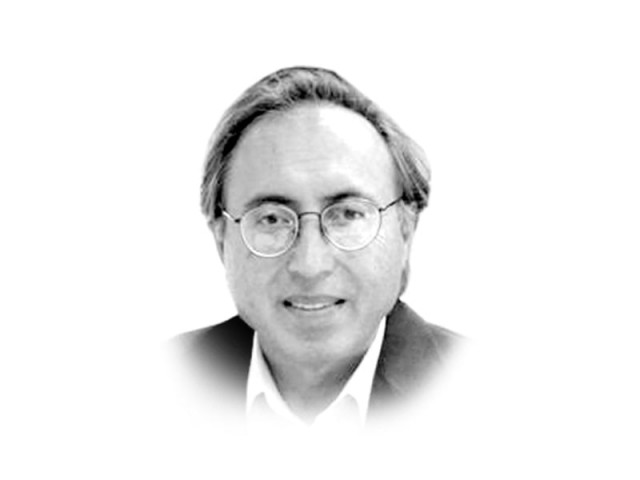Class and politics
There is political competition at all levels of electoral process but it is generally restricted to members of elite.

Class and politics
Pakistani society is one of the most elitist societies of the region and of the Islamic world. Here we have a top layer of roughly 500 to 600 families that own large tracts of land, or head a tribe, sub-tribe, a caste or a sub-caste. On account of relative social dominance in a particular district, region, an electoral constituency or a cluster of constituencies, these families exercise great influence over social and political processes.
Depending on whether or not the ownership of their landholdings are fragmented within the family, they enjoy economic power as well.
However, in almost every part of Pakistan, except the tribal regions of Khyber-Pakhtunkhwa and Balochistan, we can now witness the emergence of new economic classes; like traders, businessmen, industrialists, and more importantly, a rising rural middle class.
The question is why do the old social classes of Pakistan continue to dominate electoral politics of the country even after more than half a century? This question is pertinent and worth pondering over because in neighbouring India, which has a rigid caste system, the post-independence middle class has created a wide political space for itself and presents a challenge to the old social classes. This may eventually happen in Pakistan, too, but the progress towards meeting that end is very slow. We see the middle classes in Pakistan making progress in economic terms, particularly the professional and the rural land-based segments, along with business groups from small retailers upwards, but they are yet to coalesce or galvanise into a political force.
Among the many factors that impede the political path of the middle classes, two are important in keeping politics the exclusive domain of the dominant social classes. The first is the incumbency factor; those who have been in politics for decades have used power, privilege and patronage to solidify their social support base. There is political competition at all levels of the electoral process but it is generally restricted to the members of the elite class. For others, gaining a stronghold in the electoral process remains a distant possibility. Interestingly, change may come about in terms of the emergence of new political players and an increase in the political influence of the middle classes but their route will be the same, that of electoral politics. Such an outcome will depend on the state of democracy within the political parties and political entrepreneurship among the new middle classes. They may not replace the old social classes, but they make them more responsive and politics, over time, may become inclusive and responsive in Pakistan.
The second reason behind the dominance of the old social classes are the four military interventions. Apparently, the military regimes comprised the state elite — bureaucracy and the military. For a very long time, these two institutions have provided a base for social and economic mobility for the lower-middle classes. The members of the echelons of these two institutions were as elitist as caste and tribal leaders. Filled with arrogance, power and newly-acquired riches (urban properties and land acquisitions), they struck an alliance with large sections of the old social classes. In more ways than one, these regimes stunted the growth of democracy by blocking true competition in politics, and rigging the system to benefit their interests.
Some reformists make an argument for land reforms to disempower the old social classes. In this regard, we have missed the bus of history. Class and politics will only be redefined as democracy takes roots in the country, along with the realisation that it is the only way forward for Pakistan.
Published in The Express Tribune, March 27th, 2012.














COMMENTS
Comments are moderated and generally will be posted if they are on-topic and not abusive.
For more information, please see our Comments FAQ